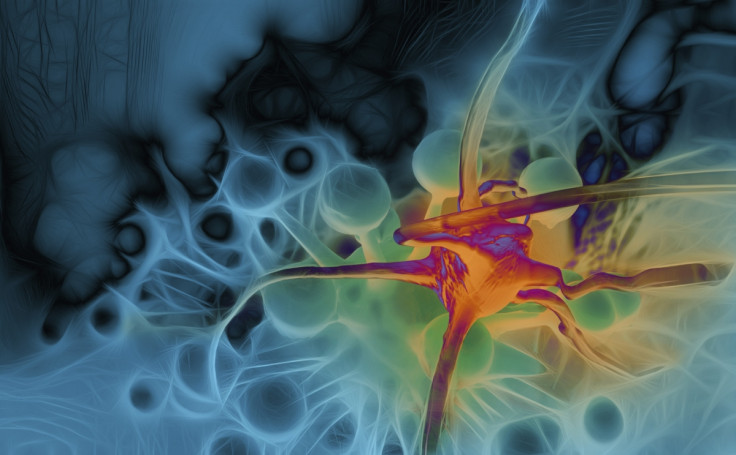Spit test for cancer takes 10 minutes and has nearly perfect accuracy

A simple test that detects fragments of genetic material from cancers in your saliva has the potential to revolutionise cancer treatment. And the test, developed by researchers in the US, is not the only one in development.
Professor David Wong – the principle investigator of the Salivary Diagnostics unit at the University of California's School of Dentistry – told AP the test requires: "less than one drop of saliva and we can turn the test around in 10 minutes. It can be done in a doctor's office while you wait".
"Early detection is crucial," he explained. "Any time you gain in finding out that someone has a life-threatening cancer, the sooner the better. With this capability, it can be implemented by the patient themselves in a home check, or by a dentist or pharmacy."
According to Sky News, Wong claimed the saliva test successfully tested for pancreatic cancer in "95% of patients". This could be a game-changer for this cancer as there are no early-screening tests for it.
Currently, Wong's test is designed to diagnose stomach cancer. It works by detecting RNA – a nucleic acid that sends instructions from DNA to control and create proteins – created by cancerous tissues. The team first discovered cancer could be detected from saliva in 2004, when they use it to find oral cancers. According to a statement on the Salivary Diagnostic's website, the team has used saliva to diagnose "salivary gland tumours, Sjogren's syndrome [an autoimmune disease that affects tear and saliva glands] and many life-threatening cancers".
Wong plans to trial the test in lung cancer patients in China later this year. If the trials are successful it could be available in the UK by 2020. The test costs around £15.
Lung cancer spit test
In January, a similar test for lung cancer was announced. Dr Feng Jiang, of the University of Maryland School of Medicine, announced that his team had developed a test for lung cancer with an 80% success rate in the journal Clinical Cancer Research. Jiang's test detects RNA material from cancerous tissues in mucus coughed up from patients' lungs.
Currently, the test is not accurate enough for use in patients, but non-invasive test shows promise, according to other experts. "Invasive, unnecessary procedures may be avoided if this technology becomes available after more studies are completed," Dr Len Horovitz of Lenox Hill Hospital, New York, told the website HealthDay. "This is an exciting forefront in diagnostic medicine."
© Copyright IBTimes 2025. All rights reserved.





















